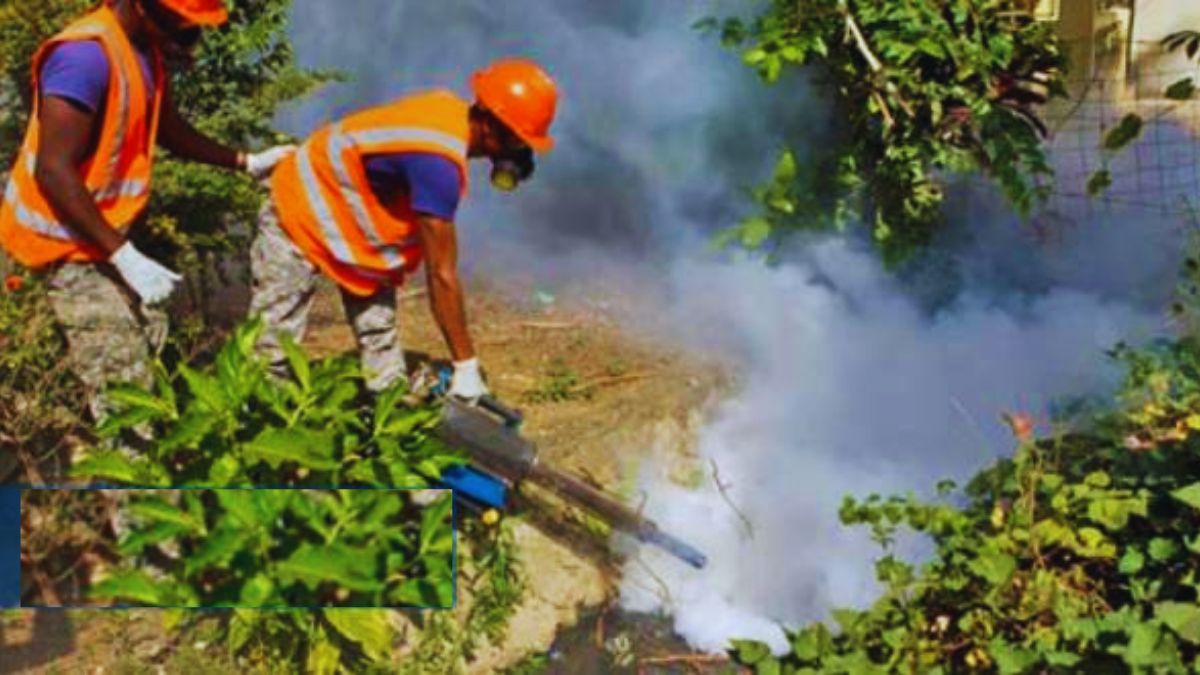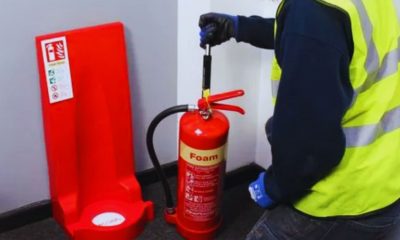News
Insecticide ICON’s Health Risks Spark Controversy as Dengue Cases Spike

In recent weeks, the country has been facing a worrying increase in cases of dengue, a viral disease transmitted by mosquitoes.
To counter this growing threat, the Ministry of Health has deployed fumigation campaigns in the most affected regions.
However, serious concerns have emerged about the safety of the product used during these operations: the insecticide ICON.
A reliable source has raised concerns about the harmful effects of this insecticide on human health.
Individuals directly exposed to the product or inhaling its fumes may experience various unpleasant symptoms, such as itching, tingling, burning, or numbness of the skin, commonly referred to as paresthesia.
Additionally, respiratory problems, such as coughing, burning sensations in the nose, and sore throats, have also been reported.
These revelations raise serious concerns about the safety of individuals exposed to the insecticide ICON, whether they are the agents handling it or the people living in the treated areas.
Our source emphasizes that despite the urgency of fighting the spread of dengue, it is imperative to ensure that the strategies implemented do not compromise the health of individuals.
In this regard, it is vital to explore safe and effective alternatives to the insecticide ICON as well as other similar products. This should be accompanied by robust and effective measures to control dengue.
In response to these concerns, a representative from the Ministry of Health explains that the insecticide ICON 5ec is no longer used for fumigation campaigns due to a shortage.
Although recommended by the World Health Organization, he stressed that the ICON 5ec degrades in the air after use and poses no danger.
In replacement, Aqua K-Othrine is now being used. However, users of these insecticides are strongly advised to wear Personal Protective Equipment and a mask.
Source: l’Express











